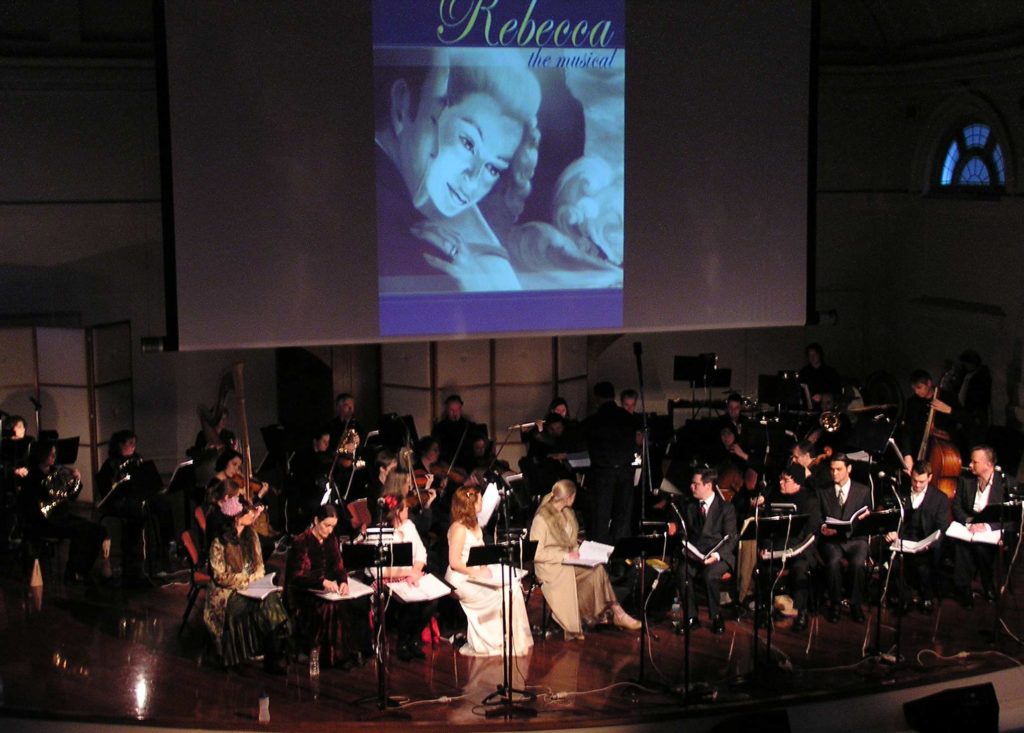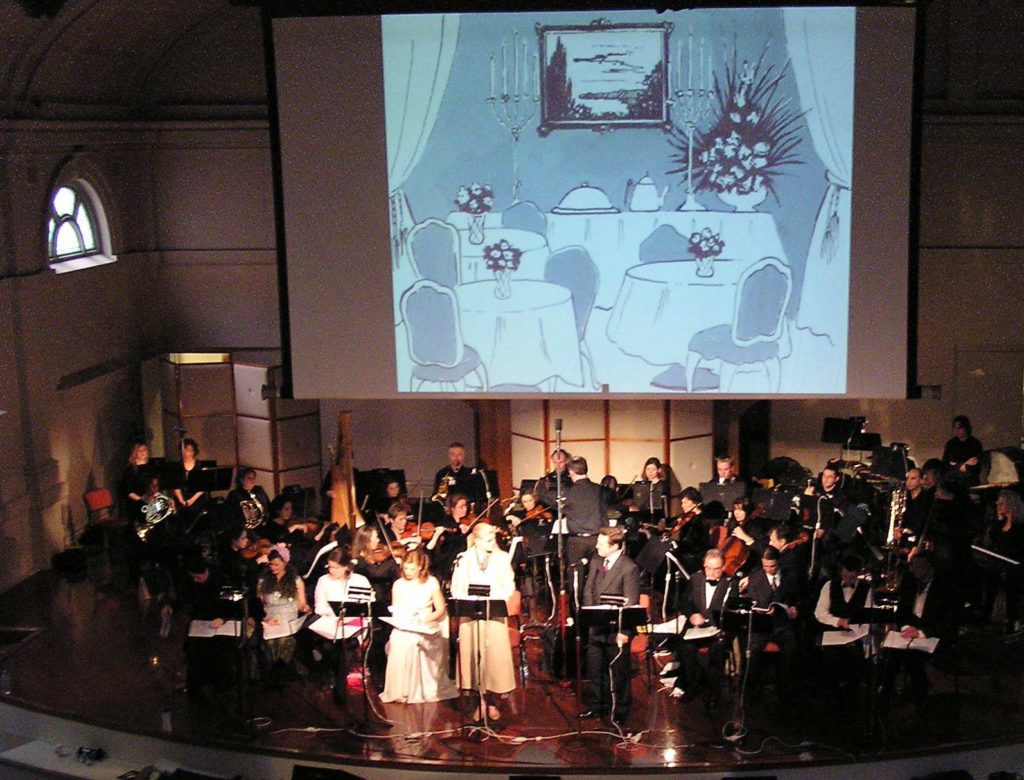Based on the novel by Daphne du Maurier
A mysterious house on the storm-ridden coast of Cornwall harbors a dark secret that will tear apart the lives of its owner and his new young bride.
The Story…
Maxim de Winter brings his new wife to ‘Manderley’ – a secluded and foreboding Gothic mansion with myriad empty rooms – which is under the control of a demented housekeeper. On the evening of the ‘Manderley Ball’, held in honor of the New Mrs. De Winter, a turbulent storm washes ashore the wreck of a sailing boat: inside the cabin is the body of Maxim’s first wife, Rebecca.
Who Was Daphne du Maurier?
Daphne du Maurier was born in 1907, the daughter of Gerald, a successful actor, and Muriel, one of his leading ladies. Daphne was the second of three daughters, intelligent and beautiful, but tormented throughout her life by a painful shyness, which was concealed behind a confident exterior.
Daphne was her father’s favourite, even though he often told her that he wished she had been a boy. Among her father’s circle was J. M. Barrie who created the story of Peter Pan for Daphne’s cousins. She spent an unhappy adolescence, with no-one to confide in save her governess. Her father resented her growing up, while her mother had always seemed distant. Recalling her childhood, Daphne could not remember a single gesture of affection.
In 1925, she was sent to a finishing school outside Paris. She was shocked by its Spartan regime, but loved the excitement of trips to Paris. Here, she came under the spell of her teacher, Mlle. Yvon. Their friendship blossomed into a lifelong affair.
In 1926, the du Mauriers bought a summer house by the coast at Fowey. Daphne loved everything about Cornwall: swimming, sailing, sun-bathing – even the rain. She was soon allowed to stay at Ferryside unsupervised, and here she found the privacy she needed to undertake serious writing.
Hidden deep in the woods, Daphne ‘discovered’ the decaying mansion of Menabilly, owned by a local family but fallen into neglect. Daphne felt a strong attraction to this romantic place, which she later made her home. Although she never actually owned Menabilly, she felt that she belonged there: “I do believe I love Menabilly more than people.”
It was while in Cornwall, in 1931, that she met her future husband, war-hero ‘Tommy’ Browning. Daphne was ready for a love affair but, due to Browning’s insistence, they were married on 19 July, 1932, followed by honeymoon on Frenchman’s Creek.
In 1936, Tommy’s battalion was posted to Alexandria, and Daphne had no choice but to go with him. She hated the climate and the army lifestyle, and sweltering under the heat of an Egyptian summer, she longed for her beloved Cornwall. With her imagination working overtime, Daphne slaved to produce her best-seller Rebecca. World War II brought a period of enforced separation, however, when Tommy was sent away on active service. Daphne, now with her three children, led a quiet life, which suited her very well. Reunited after the war, the du Mauriers could not recapture their former intimacy. Tommy entered the service of the Royal Family, while Daphne became more and more a recluse. Daphne continued to write, but gradually the wellspring of her imagination ran dry. Soon after Tommy died, in 1965, she was forced to leave her beloved Menabilly. From then on, she rarely appeared in public, although she made an exception when she was created a Dame of The British Empire. She spent her last years quietly with her family and died in April 1989.



